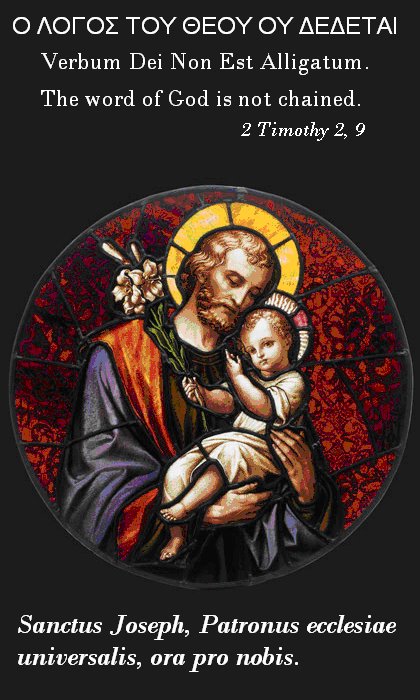I've been reading "Salt of the Earth", a book based on an interview of Cardinal Ratzinger (now Pope Benedict XVI, of course) by Peter Seewald, a German journalist, back in 1996. This is the relevant passage:
"Not long ago I mentioned in a conversation with friends that here in the area around Frascati they are preparing to prune the grapevines and that they bear fruit only if they are pruned once a year, that pruning is a condition of fruitfulness. In the light of the Gospel, of John 15, that's immediately clear to us as a parable of human existence and of the communion of the Church. If the courage to prune is lacking, only leaves still grow. Applied to the Church, there is only paper,whereas no more life is brought forth. But let's say it with the words of Christ, who tells us: At the very moment when you think you have to possess yourself and defend yourself, precisely then you ruin yourself. Because you are not built as an island whose only foundation is itself. Rather, you are built for love, and therefore for giving, for renunciation, for the pruning of yourself. Only if you give yourself, if you lose yourself, as Christ puts it, will you be able to live.
This basic option has to stand out in all its starkness. It is offered to man's freedom. But it should still really be made plain that to live by making one's own claims is a false recipe for life. The refusal of suffering and the refusal of creatureliness, hence, of being held to a standard, is ultimately the refusal of love itself, and that ruins man. For it is precisely his submitting himself to a claim and allowing himself to be pruned that enables him to mature and bear fruit."
Just imagine if we could accept in this spirit all the suffering that inevitably comes to each of us on our pilgrim way to our true homeland, receiving it even with gratitude, seeing it as the pruning of which our egos stand so much in need. 'Succidi, virescemus', cut back, we will sprout up with even greater spiritual vigour. With an attitude like that, nothing in this world could really hurt us.

Great insights, much appreciated.
ReplyDeleteWhat a beautiful thought you have written. I looked up the translation of the Latin, Succisa virescit, because it is written on the dedicatory page of the novel The Beauty of Ordinary Things by Harriet Scott Chessman, which I am about to read. I will read it with the beauty of this short essay in mind - thank you for it!
ReplyDelete